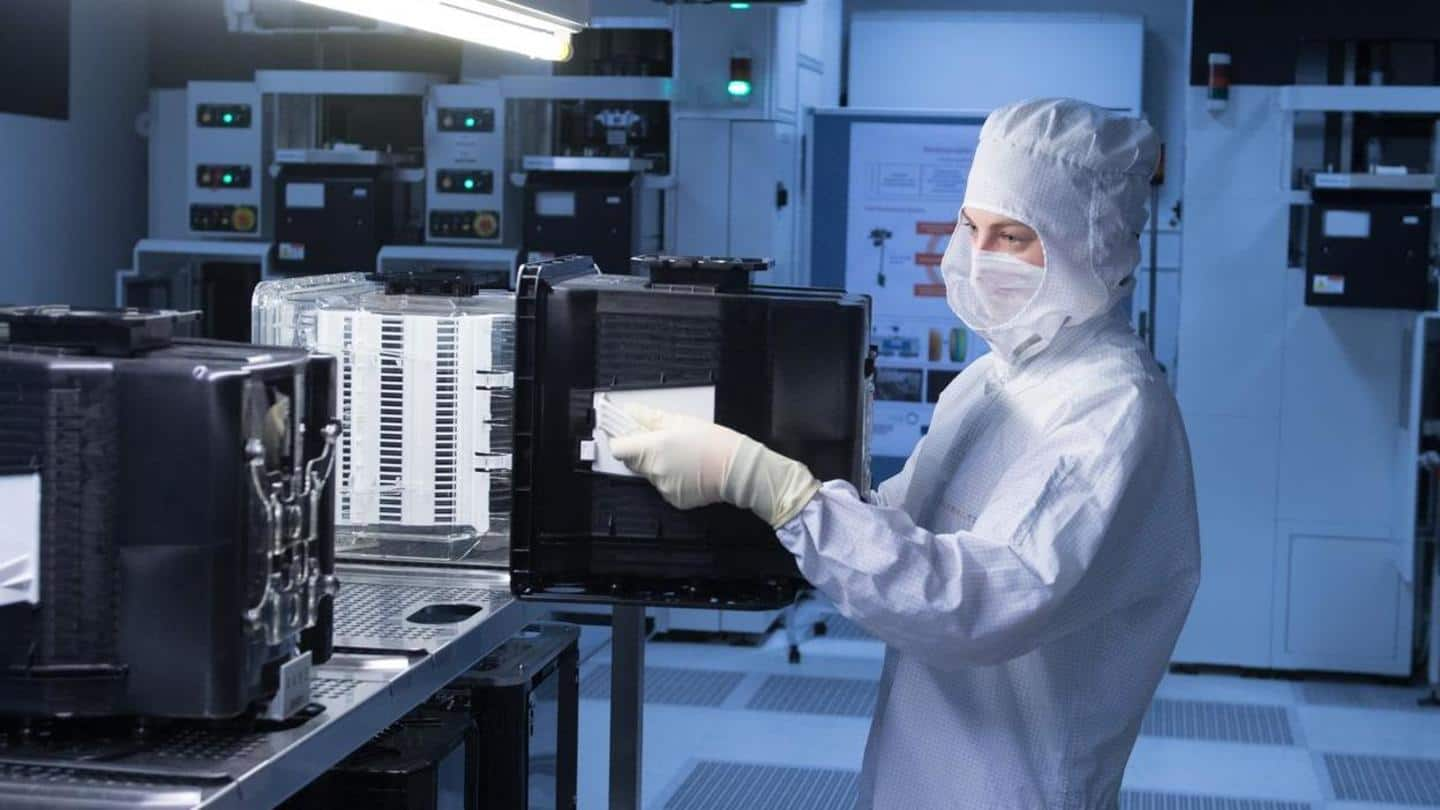
US earmarks billions for chip production as COVID-19 hits Taiwan
What's the story
The US Senate passed the Endless Frontier Act, funneling billions to bolster local chip manufacturing and technology sectors. The legislation aims to keep the US competitive with China, which is also pumping billions into its semiconductor research and manufacturing.
Of the total $190 billion budget, the bill allocates in excess of $50 billion to "increase US production and research into semiconductors and telecommunications equipment."
Auto semiconductors
Endless Frontier Act allocates $2 billion for auto chip shortages
The legislation addresses pressing chip shortages faced by carmakers by separately earmarking $2 billion for addressing supply issues. To put this into perspective, US automaker Ford alone estimates an earnings reduction of $2.5 billion due to the shortages.
Modern cars need specialized chips for everything ranging from critical aspects of engine management and safety systems to in-car entertainment and human interface.
America first
Bill focuses on shoring up US chip production and research
A lion's share of the bill is being allocated to research and development through the National Science Foundation and Technology Directorate, with both receiving $52 billion and $29 billion, respectively.
Fundamental changes to manufacturing and research infrastructure aren't possible without investing in cities, so another $10 billion is being earmarked for the Commerce Department. This will expedite technology hubs by focusing on key cities.
First wave
COVID-19 wave sweeping Taiwan hits semiconductor ancillaries hard
Nothing underscores the need for the Senate bill better than recent developments at Taiwan's semiconductor manufacturing facilities. An escalating coronavirus outbreak at the country's chip packaging facilities has exacerbated chip production shortfall.
The COVID-19 wave sweeping the chip testing and packaging firm King Yuan Electronics (KYEC) is expected to reduce its June output by approximately 35%, with over 3.2% of its staff being infected.
Grinding to a halt
Chip packaging facilities forced to cease operation for two days
As Taiwan grapples with the first major outbreak, rising cases among migrant workers at another chip packaging facility Greatek, telecom gear maker Accton, and Foxsemicon, a semiconductor equipment supplier for Foxconn, has hit chip supplies.
Both KYEC and Foxsemicon were forced to stop production for two days to deal with company-wide disinfections. Further testing is expected to reveal more infections and hit production capacity.
Chip supplies still hit
Meanwhile, TSMC has dodged infections due to sterile operating conditions
While Taiwan's largest chipmaker TSMC hasn't reported any infections, such production operations aren't labor-intensive and warrant sterile cleanroom conditions that preclude workplace infections.
However, packaging facilities are the final piece of the puzzle before chips can be supplied to customers. If that part of the supply chain goes down, there's isn't much that foundries such as TSMC can do to help with resultant shortages.